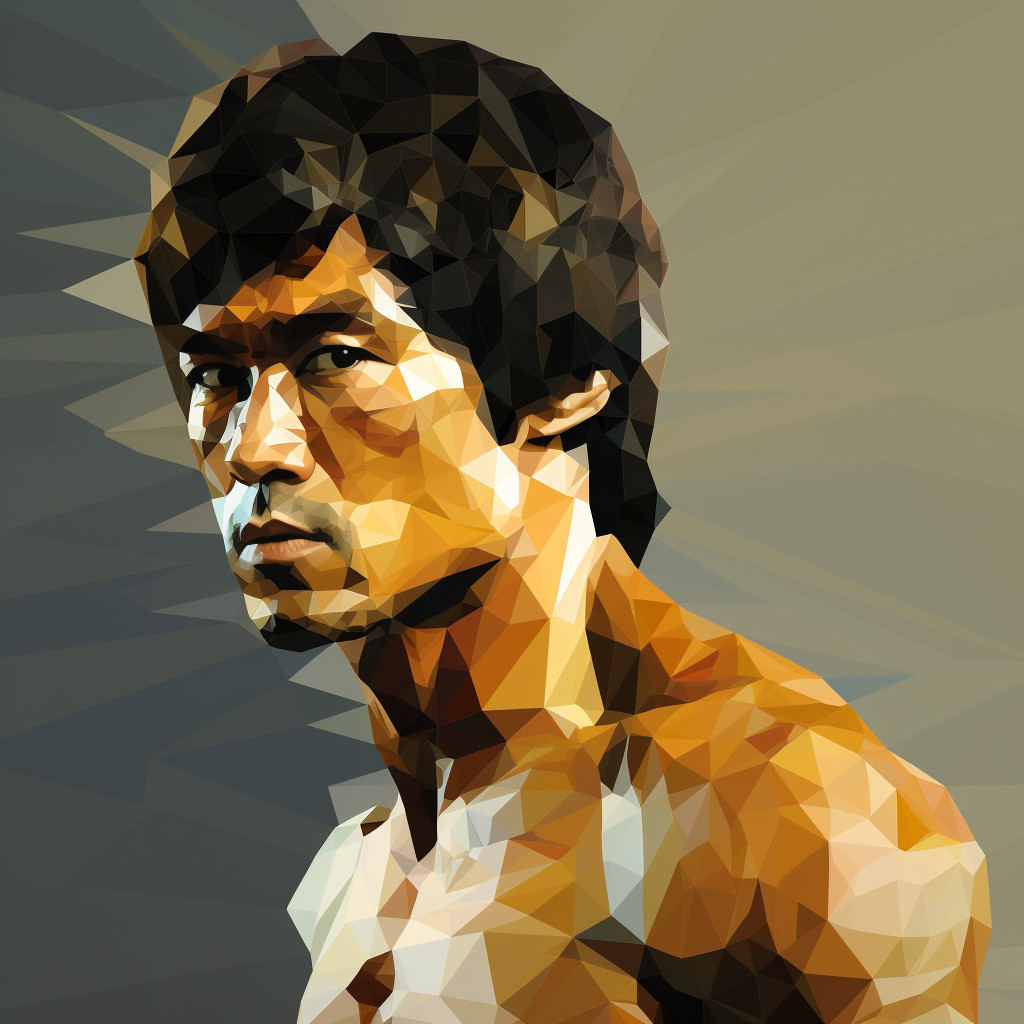This quote emphasizes the importance of mental preparedness over physical rigidity in martial arts. It suggests that a good martial artist does not stiffen up or become overly tense in anticipation of a fight. Instead, they remain relaxed but ready, their body loose and capable of swift, fluid movement at a moment’s notice. The readiness here is not just physical, but also mental and emotional. They are alert, focused, and fully present, their mind as nimble as their body.
This quote can be interpreted as a metaphor for how we should approach life’s challenges. Often, our instinctive reaction to stress or adversity is to become rigid and defensive. We brace ourselves for impact, often wasting energy in the process and leaving ourselves ill-prepared to adapt to changing circumstances. However, if we can learn to stay calm, composed, and ready – just like a good martial artist – we can respond more effectively to whatever comes our way. We can navigate life’s twists and turns with grace and resilience, rather than resistance.
In the context of personal development, this quote underscores the value of flexibility, adaptability, and mindfulness. Rather than clinging to fixed plans or rigid ways of thinking, we should strive to remain open and adaptable, ready to seize new opportunities or change course as needed. Mindfulness, or the practice of staying fully present and engaged in the current moment, can also help us stay ready rather than tense. By focusing on the here and now, we can respond to life with greater agility and less anxiety.
In today’s fast-paced, ever-changing world, these qualities are more important than ever. The ability to stay calm, focused, and ready in the face of uncertainty can help us navigate the complexities of modern life, from the challenges of the digital age to the global pandemic. Whether we’re dealing with work stress, personal struggles, or societal change, we can all benefit from adopting the mindset of a martial artist: not tense, but ready.









